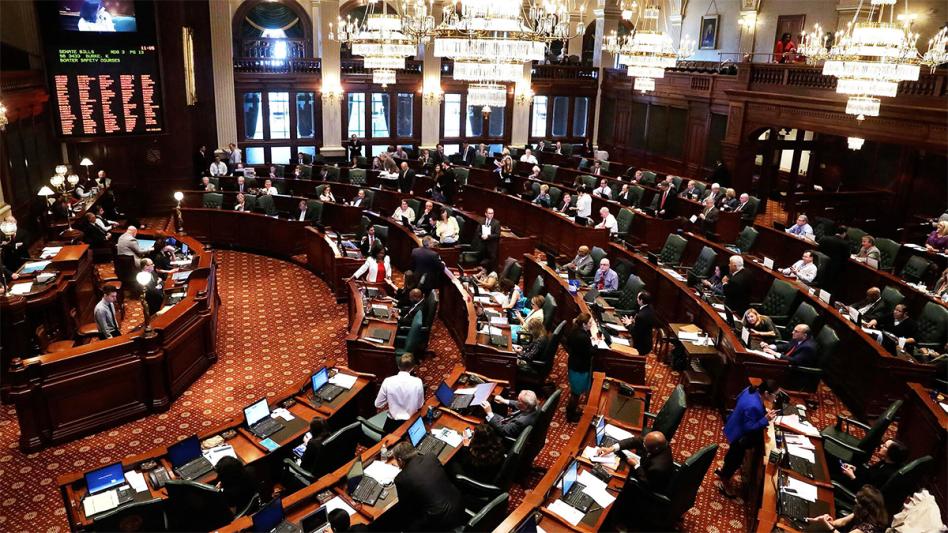
SPRINGFIELD — Immediately after passing a sweeping criminal justice bill yesterday which included a measure ending the use of cash bail, the Illinois General Assembly gathered to reassure constituents that they still had a lot of tricks up their sleeves when it came to criminalizing poverty.
“I know this might seem like a setback, but don’t lose hope,” said Rep. Anthony Matthews, 42. “We have the bureaucratic might of the American experiment on our side. I’ve dedicated my career to punishing poor people for being poor and protecting institutions from reform. I’m not about to stop now.”
Advertisement:
Citing measures like the upcoming end of Illinois’ eviction moratorium in February and the lack of resources offered to unhoused populations during the pandemic, Matthews expressed confidence in the future of criminalizing poverty. “It’s all about the long game here,” he reiterated, receiving a COVID-19 vaccine shot before walking maskless through a CVS. “We keep up our current handling of the pandemic and will see the fruits of our labor more than ever before. Mass unemployment and evictions! Ramping up traffic fines and arrests for minor offenses! Honestly, we’re in better shape than ever.”
While the measure to end cash bail is a huge win in modernizing the judicial process, ambiguity in the bill’s language leaves some questions unanswered. “Yeah, those parts rule,” exclaimed Matthews, thumbing through a paper copy of the bill. “When they say judges have the discretion to detain those posing a threat to public safety? That rocks! We can exploit the hell out of that verbiage, don’t you worry.”
Together with other Illinois Officials, Matthews reaffirmed his devotion to the work of creating bureaucratic red tape that makes living under the poverty line near-impossible. “I got a lot of this from my father,” he said, smiling fondly. “We used to get up early on the weekends and nail spikes into public benches so people couldn’t sleep on them at night. That foundation built me into the politician I am today.”






